ビジネスモデルとバリューチェーンが比較的わかりやすかったエネルギー産業が、かなり複雑化しています。
エネルギー関連企業の経営に関わっている皆様は、自社の中心的活動と戦略の管理に加えて、政府機関をはじめ株主、顧客、社員を満足させる必要性を認識されています。経済の脱炭素化がすべての利害関係者にとって国際的な優先事項になっている事実を背景に、それらすべてを考えていくことが強く求められています。
そしてもちろん、エネルギーセクターは脱炭素化で主たる役割を担っていることは言うまでもありません。
Enerdataのサービスにより、お客様は、この主要な役割という立場を活かしながら、自身の中核的事業への注力はそのままに、全体像を把握し、自信をもって戦略的意思決定を行うことができるようになります。
グローバルに高い評価を受けている当社のエネルギーおよび気候問題の専門家は、当社の全面的な独立性と当社独自の信頼できるモデルを活用します。
これにより、お客様は、現在そして将来の価値を最大化し、持続可能性に関する標準に沿った形で自社および業界、さらには社会全体で評価されるような価値を創造できるようになります。
Different organisations: Different needs
For automotive industry: Anticipating future energy prices and ever-changing policies is imperative to understand evolving consumer demand, usage and market trends.
For Government Bodies: Address the significant role of transportation in CO2 emissions, with oil still dominating 90% of the market share. Decarbonisation strategies are essential to meet climate goals.
A strategic, data-driven approach will help your company gain insights, optimise its resources, reduce environmental impact, ensure compliance, and drive sustainable growth in a competitive market.
お客様の課題を解決する当社の専門性

お客様のビジネスの脱炭素化を進めるための多角化
- エネルギー・気候制作のシミュレーション
- 拡大するグローバルな需要に対応すべく、お客様のエネルギー生産を増大させる持続可能な方法を考案
- クリーンなエネルギー源 (電気、水素、合成ガス等) やバイオエネルギー (バイオ燃料、バイオガス、バイオマス等) に活動分野を拡大
- グリーンオペレーションズへの投資

最適な投資判断を行い、戦略を実践以下に一例を挙げます。
- 再生可能エネルギープロジェクトのROIの算出
- 国、セクター、最終利用、業種別のエネルギー需要の測定と予測
- 新規事業機会の発見 – エネルギー業界を包括的にカバーする当社だからできる (全世界のあらゆるエネルギー)

お客様の予測モデルを当社の中立的視点で調整し、ベンチマークを実施
- Enerdataのターンキーモデルをご利用ください
- お客様のデータを、当社独自の包括的で最新のデータベースに統合
- Enerdata独自の視点をお客様の分析に組み入れる
- お客様の分析結果、プレゼンテーション、レポートのバックアップとなるよう、Enerdataの結果とグラフを簡単にエクスポート
Trusted by our clients
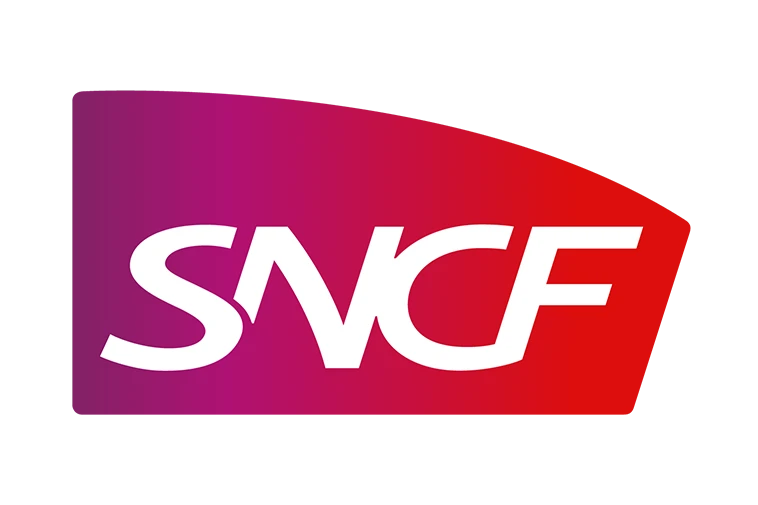
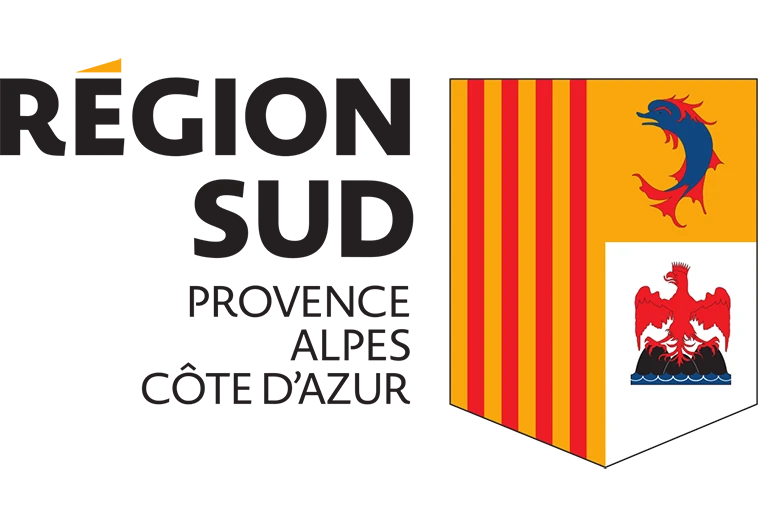
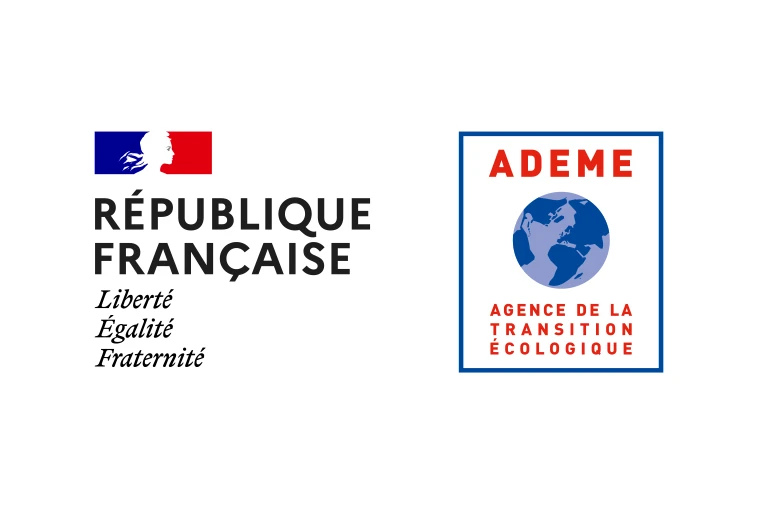


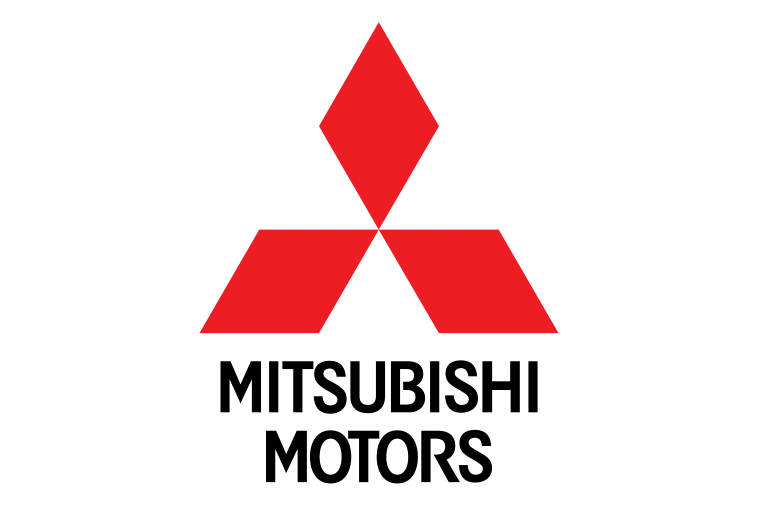
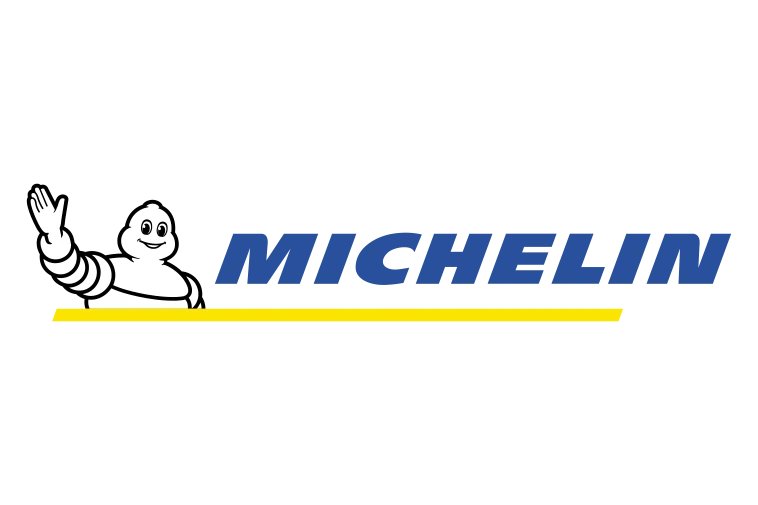
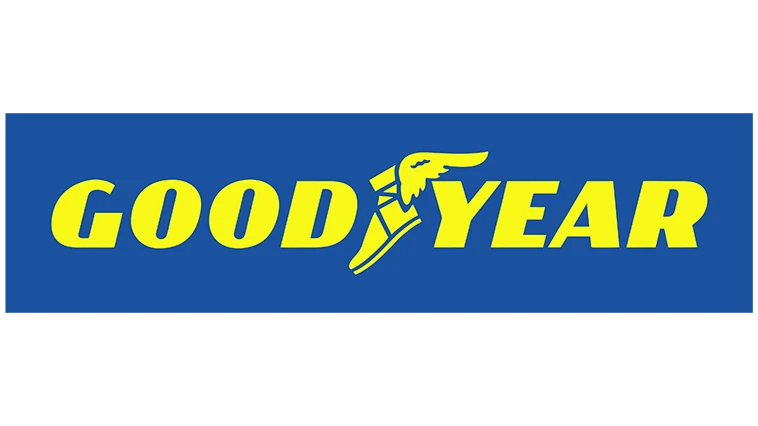
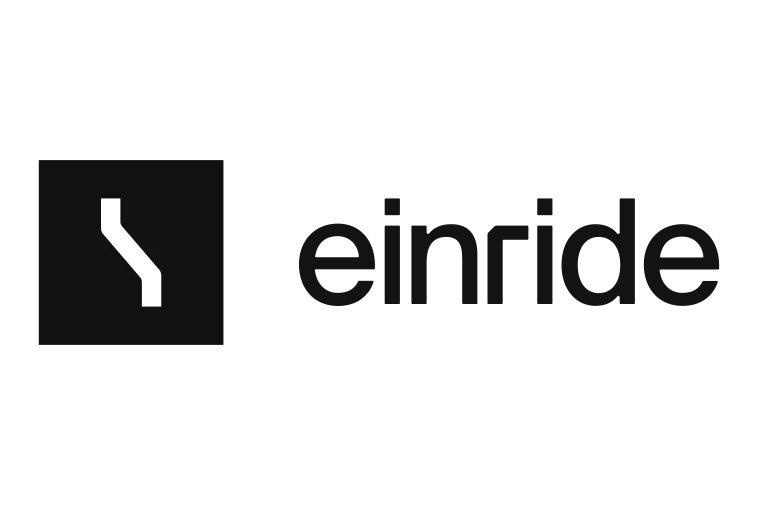
Renault – Discrepancies arising due to the usage of different price forecasts by the different teams, for their market studies were eliminated when they started using Enerdata’s robust price forecasts to define their group strategy. By adopting a standardised forecasted data set, all teams could align their insights and objectives.
SNCF – Enerdata, in partnership with Compass Lexecon and Solagro, developed long-term energy price projections for SNCF's decarbonisation strategy, covering global oil and gas, European power, French bioenergy, and end-user price components
Region-SUD – To prioritise measures for reducing transport-related GHG emissions by 2050, Région SUD collaborated with Enerdata to develop Abatement Cost (AC) curves using three decarbonisation scenarios, assessing CO2 reductions and economic impacts. Enerdata provided the NOTOS tool, enabling autonomous scenario generation, cost-benefit analysis, and public policy decision-making, supported by expert-led training and a scientifically validated methodology.
ADEME – ADEME commissioned Enerdata to develop EVEREST2, an improved model for the transport sector, supporting more details than EVEREST, like breaking down car traffic by distance and adding new e-fuels to the air and maritime transports. Enerdata leveraged their know-how to fill the model with data and make sure it matched official statistics. This model will enable ADEME to explore five pathways to reduce emissions from transport by 2060.
関連製品・ソリューション
EnerFuture:世界のエネルギー予測
2050年までの、国ごとの需要、価格、発電量、GHG排出量を、すべてのエネルギーと電力ミックス予測で長期的に予測します。世界的に認知されているPOLESモデルからの4つの排他的シナリオ予測。 65以上の国と総計がカバーされています。
国別エネルギー需要予測
この革新的なサービスは、セクター別の将来のエネルギー消費、エンドユーザーおよび産業部門への掘削に特化しています。 Enerdataの国別エネルギー需要予測は、シンプルなWebインターフェイスによる強力なモデリングプラットフォームを提供します。
POLES: Prospective Outlook on Long-term Energy Systems
長期エネルギーシステム予測。世界のエネルギー需給と価格について定評のある総合シミュレーションモデル。
Related Publications
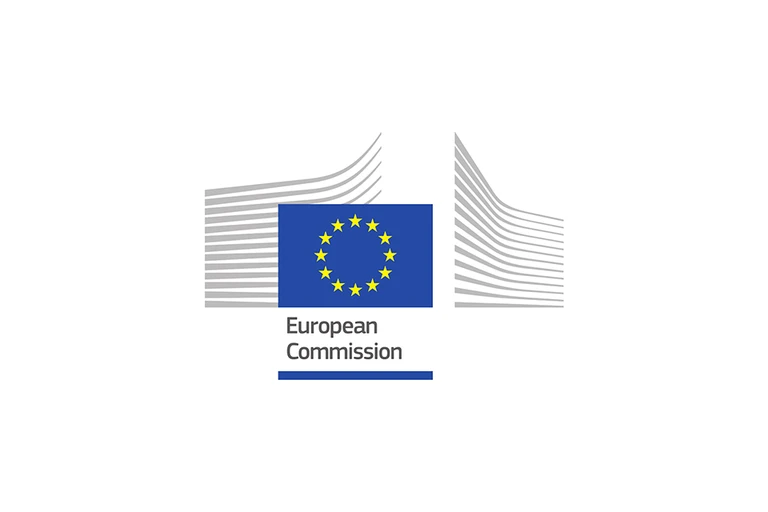
Energy efficiency trends in transport in the European Union
Enerdata is part of the Odyssee-MURE project, supported by the European Commission. We have conducted a webinar discussing the project’s det...

Enerfutureのシナリオと限界削減費用曲線
気候目標と温室効果ガス排出量の削減には、エネルギー消費の削減、エネルギー供給の脱炭素化、クリーン技術の導入など、エネルギーシステムの大幅な変革が必要である。
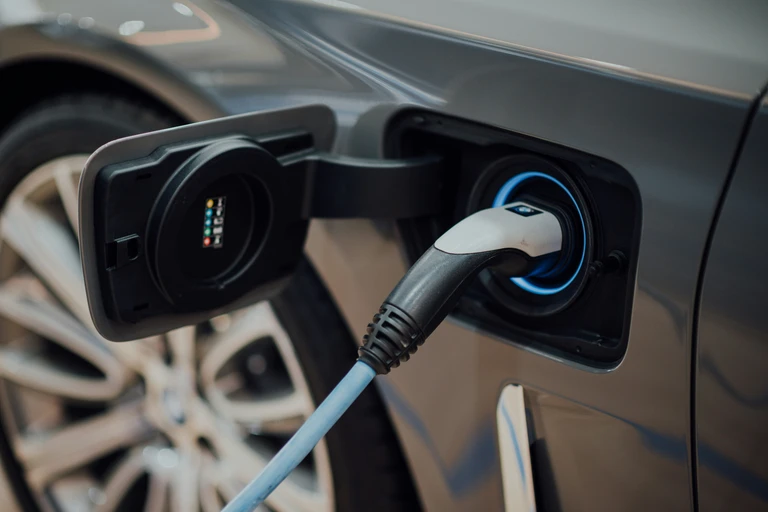
電気自動車の普及:期待される目標を達成できるか?
欧州連合(EU)は、パリ協定に沿って2050年までにカーボン・ニュートラルを達成するという目標と、2030年までに国内の温室効果ガス(GHG)排出量を1990年比で少なくとも55%純減するという中間目標を掲げている。 道路交通は、これらの目標を達成する上で重要な役割を果たして...
 エネルギー・気候変動関連データベース
エネルギー・気候変動関連データベース 市場分析
市場分析